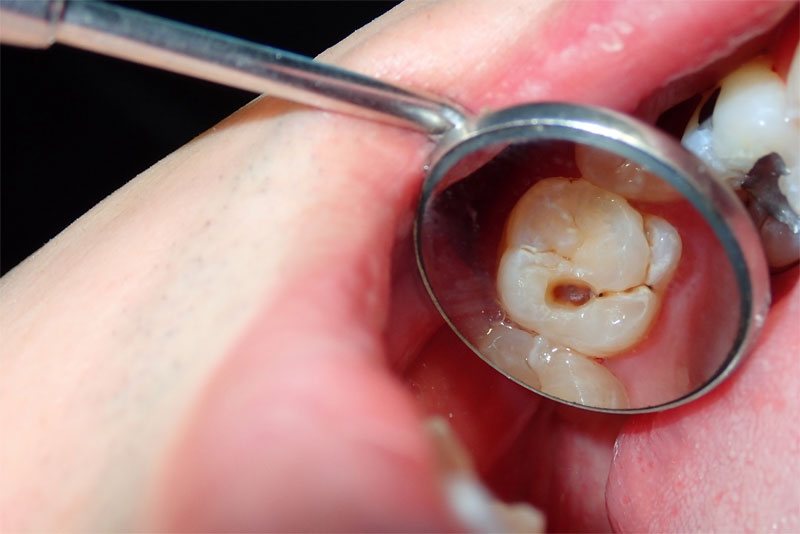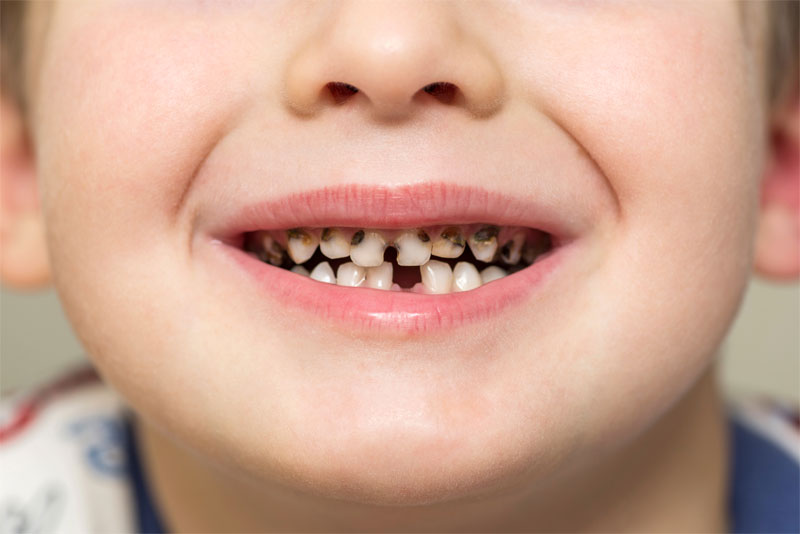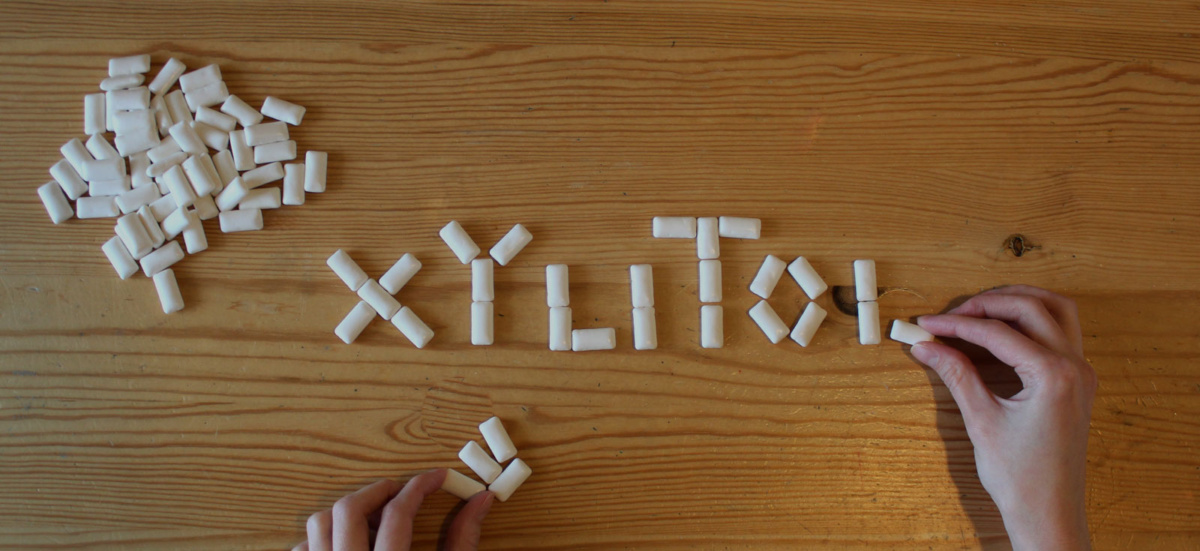
Can Xylitol Help Prevent Cavities?
Tooth decay is a common problem for children. Cavities occur when bacteria in the mouth are exposed to sugar and produce acid as a waste product. The acid eats away tooth enamel, leading to tooth decay and the dental caries or cavities.
There are several ways you can help your child prevent tooth decay such as brushing, flossing, and regular dental appointments. Recently, the American Academy of Pediatric Dentistry has also reported that xylitol is a substance that can help prevent tooth decay in children.
What Is Xylitol?
Xylitol is a non-fermentable sugar alcohol that occurs naturally in the fibers of certain vegetables, grains, and fruits. It’s commonly used as a sweetener in sugar-free products.


How Can Xylitol Prevent Tooth Decay?
Xylitol helps prevent tooth decay in two ways:
- It neutralizes the acids that are produced by bacteria in the mouth, effectively arresting their ability to break down the minerals in tooth enamel.
- It triggers an increased production of saliva, which also helps to wash away bacteria, acid, and food particles from the teeth while remineralizing tooth enamel.
Although xylitol tastes like sugar, it does not feed bacteria like sugar, so it does not increase the amount of acid present in the mouth.
How Children Can Use Xylitol to Prevent Tooth Decay
Xylitol is most commonly found in sugar-free chewing gum. It’s also a common ingredient in chewable tablets, sugar-free mints, mouthwash, and toothpaste.
Although chewing gum and breath mints are a choking hazard for young children, they can still get some xylitol from snacking on whole foods like fruits and vegetables.
A Note About Xylitol and Safety for Households With Pets
Be sure to keep any products containing xylitol stored safely, as it is highly toxic to both dogs and cats.


Cavity Prevention With Dr. Laura at Kenmore Pediatric Dentistry
While xylitol can help with cavity prevention, the best method for preventing tooth decay and cavities is practicing good oral hygiene and visiting the dentist every six months for a cleaning and checkup. Additionally, preventive treatments like in-office fluoride and dental sealants can help protect your child’s teeth from tooth decay.
During your child’s next appointment Dr. Laura can talk with you about all the preventive treatments available to your child while also providing education about how to practice proper tooth brushing and flossing techniques for healthy teeth and gums.
To learn more about preventive dentistry for children or to schedule your child’s next appointment, contact Kenmore Pediatric Dentistry today.









2.png)
